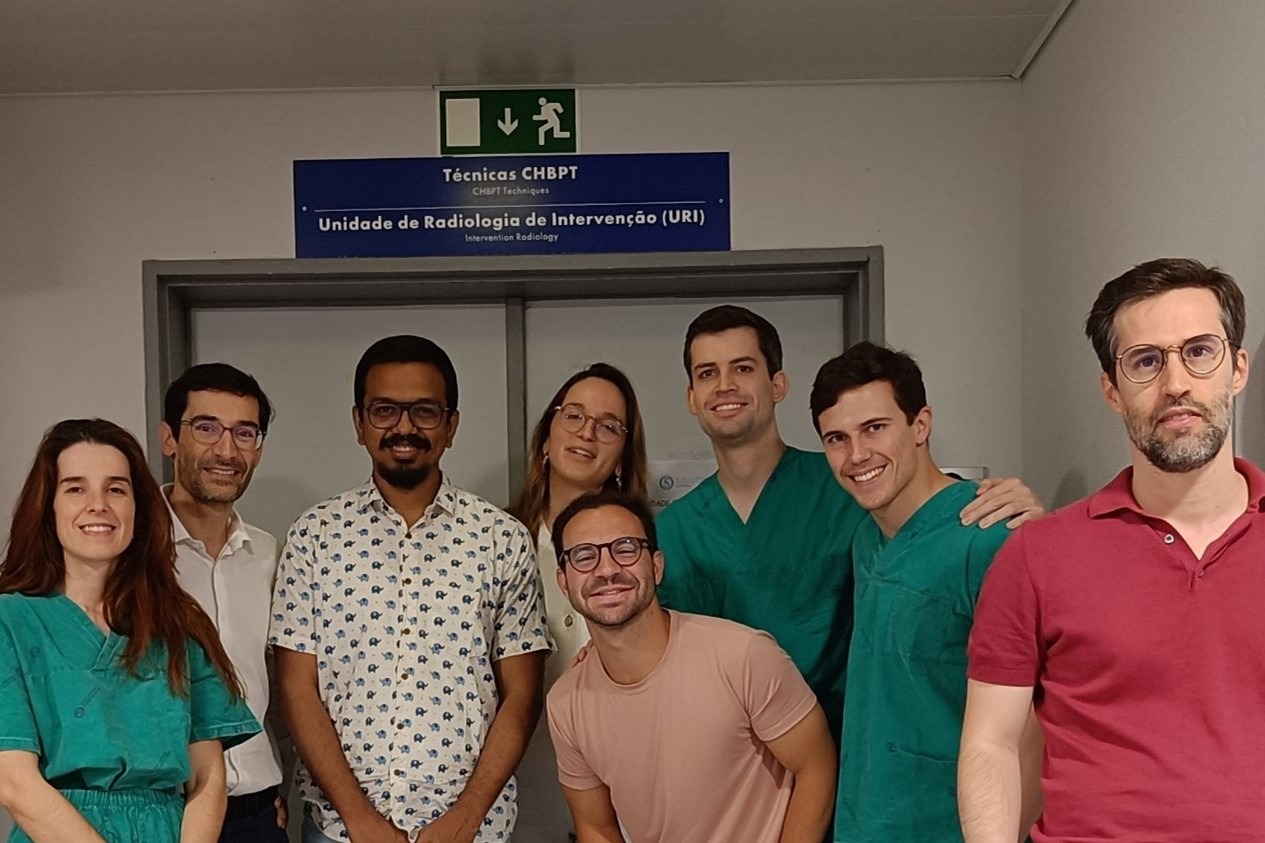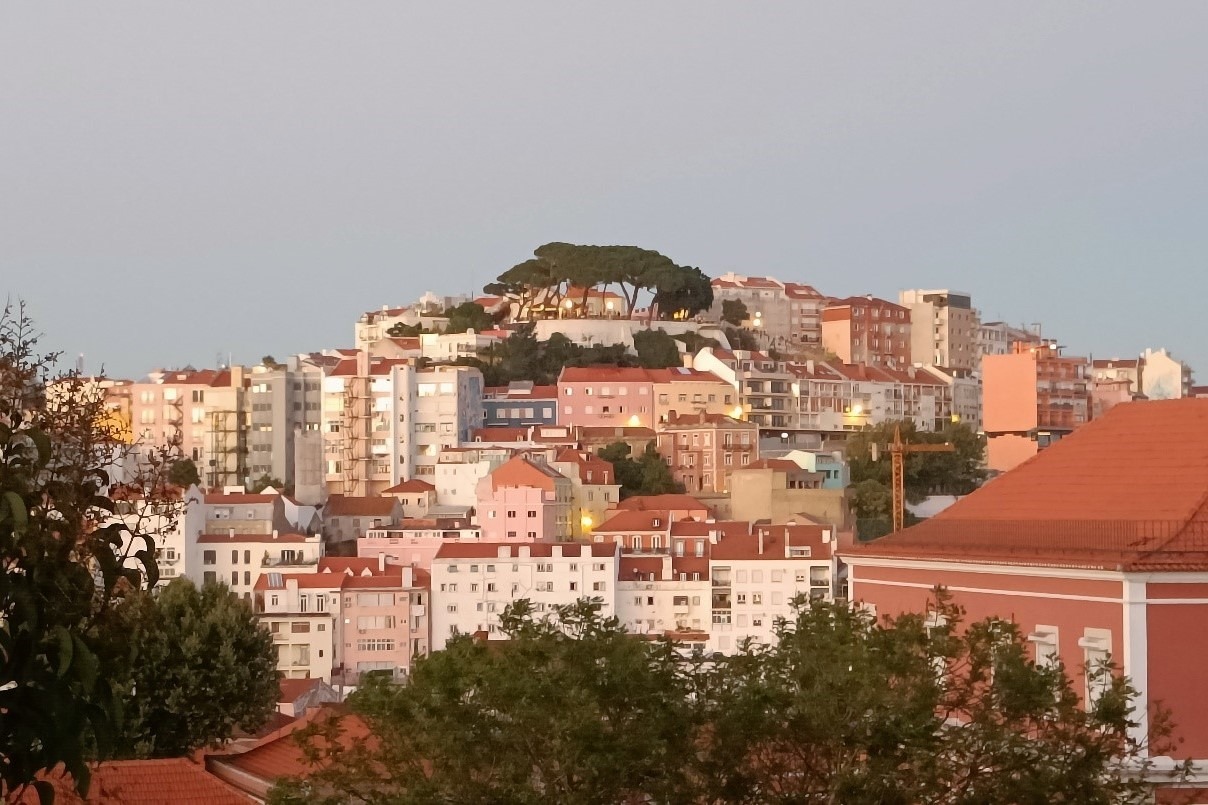I am Dr. Rengarajan Rajagopal, a consultant in interventional radiology at the All India Institute of Medical Sciences, Jodhpur, which is a university hospital in northwestern India. Our department offers a full-fledged clinical IR service with out-patient clinics, and an in-patient admission facility with eight beds. Our IR team performs a wide spectrum of procedures ranging from various arterial and venous procedures, aortic procedures, neuro-interventions, non-vascular interventions like biopsies, drainages, laser ablation for varicose veins, etc. My responsibilities are in peripheral vascular, paediatric, and aortic interventions, as well as dialysis access IR. My team here is always supportive of trying new opportunities and experiences in centres abroad in the endeavour of updating ourselves and improving our services.
CIRSE Fellowship report: Dr. Rengarajan Rajagopal
Curry Cabral Hospital is a centre of excellence for hepatobiliary and pancreatic diseases in Europe and performs a large volume of liver transplantations. The IR department has a state-of-the-art hybrid angio-suite with CT, along with a fluoroscopic room where ERCPs and minor procedures are performed, and a dedicated ultrasound for guided procedures. These are functional on all days. The department is organized and has a very structured system of workflow and patient referral. The team also has an outpatient clinic and participates in oncologic multidisciplinary team meetings (these are in Portuguese though). The morning routine begins close to 08:00, with all the IR residents looking at the patients’ information for the upcoming day, ensuring that necessary blood work was done. The procedures start by 08.30 with the main angio room and ultrasound room running in parallel. The procedural reports are immediately completed on the hospital information system (in Portuguese). The team is supported by a dedicated team of nurses (who are competent in basic anaesthetic techniques, unlike at home), radiographic technicians.
The new procedures which I was able to observe were liver venous deprivation and percutaneous ablation of the thyroid. 3D embolization guide tools which are not available in my hospital were routinely used in procedures like TACE. The team is exceptionally talented and performed ablations and biopsies of deep-seated, difficult-to-target liver nodules in a precise manner. There were some emergent GI bleeds which were also embolized during my stay. I was able to attend a morbidity and mortality meeting, which was very structured. I would like to replicate this in my home department.
Dr. Tiago Bilhim has been very supportive and took good care of me. When I wrote to Dr. Tiago for the letter of support to apply for the fellowship, I was pleasantly surprised to see that he replied within a few hours. The consultants in the department, Dr. Elia, Dr. Daniel, and Dr. Antonio have been very warm and allowed me to perform and assist in many procedures. The residents of the department, Teresa, Rafaela, Inez and Afonso were very friendly and accommodative.
Lisbon is a very lively city with beautiful beaches and a lot of eateries to try out. The sunsets throw a beauty of colours on to the sky and are a memorable sight.
My stay in Lisbon and in Curry Cabral Hospital has been a unique and enriching experience for me. Overall, I would say that this experience was overwhelmingly good, with many things to learn other than the procedures themselves. The CIRSE Fellowship Grant 2024 has given me a great opportunity to observe such a dedicated, experienced IR team and opened an avenue for potential future collaborations. I would like to express my sincere gratitude to Dr. Tiago for making this possible for me. I would highly recommend HCC Lisbon for future fellows who are interested to increase their expertise in HPB IR!


